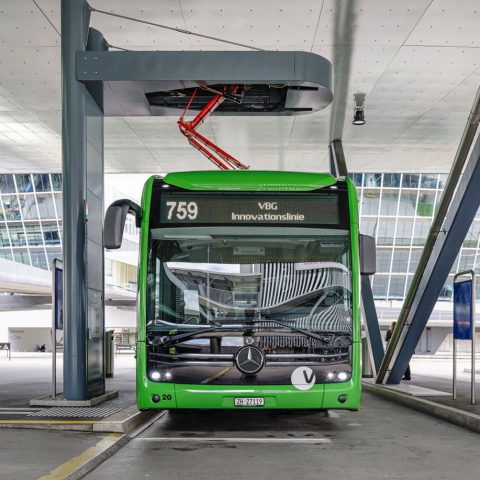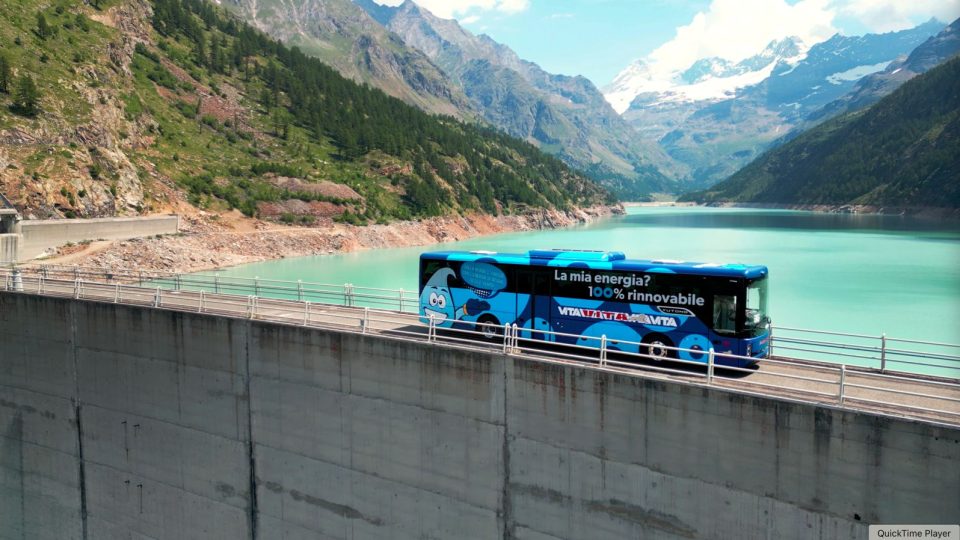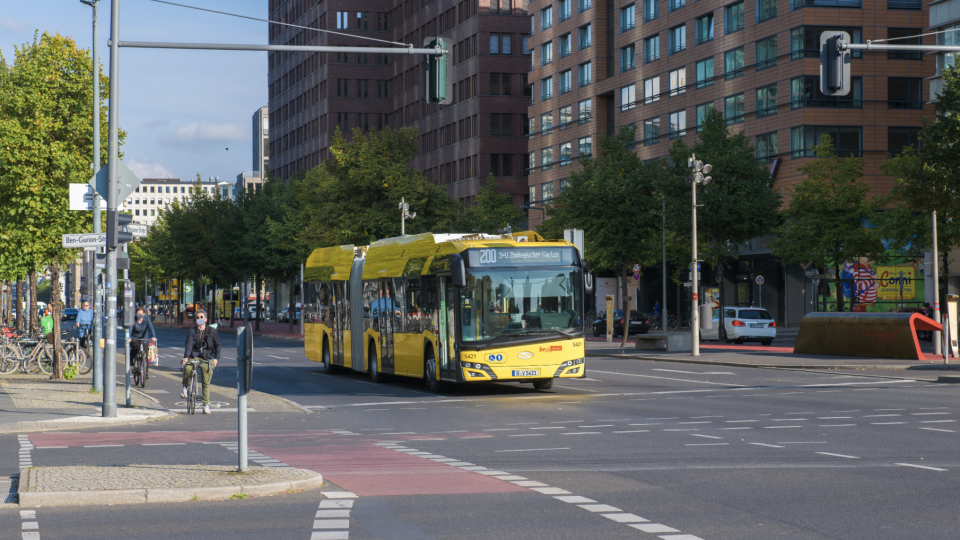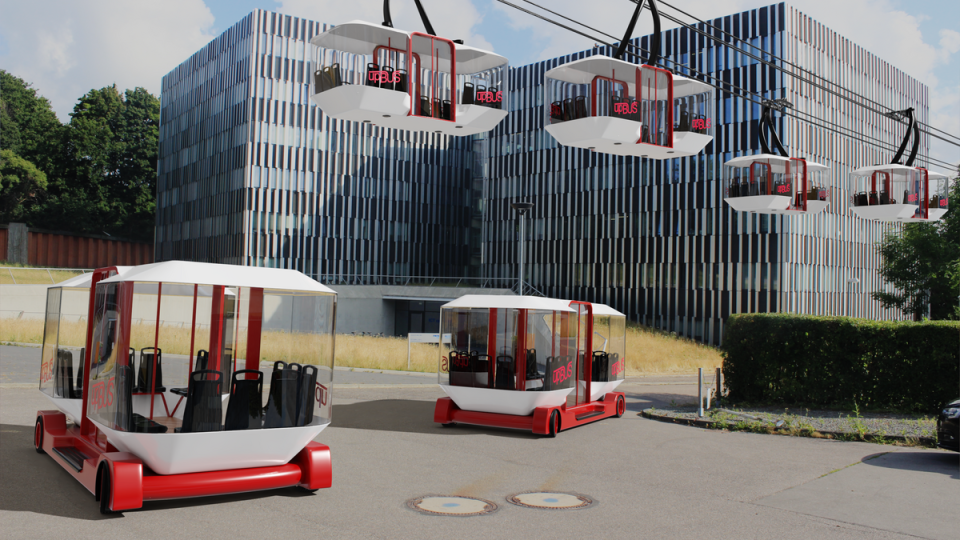Target of ZE city buses only in 2030 risks causing ‘pre-buy effects’. ACEA’s comment on the EU CO2 proposal
The European Automobile Manufacturers’ Association (ACEA) has responded to the European Commission’s proposed CO2 standards for trucks and buses, calling for increased targets to be matched with improved infrastructure and incentives. CO2 proposal on zero emission buses: risk of pre-buy effect? Regarding buses, setting a 100% target for urban buses to be zero emission by […]

The European Automobile Manufacturers’ Association (ACEA) has responded to the European Commission’s proposed CO2 standards for trucks and buses, calling for increased targets to be matched with improved infrastructure and incentives.
CO2 proposal on zero emission buses: risk of pre-buy effect?
Regarding buses, setting a 100% target for urban buses to be zero emission by 2030 would require significant investment by public transport operators in charging and refueling infrastructure, which ACEA believes risks causing disruptive “pre-buy” effects where public transport operators might rush to get the last conventionally-powered buses.
ACEA’s Commercial Vehicle Board Chairman, Martin Lundstedt, has stated that while the industry is “ready to deliver” on ambitious CO2 reduction targets, the achievement of a 45% reduction by 2030 would require significant action by policymakers to ensure the rest of the value chain keeps up. Lundstedt emphasizes that in order to meet the target, over 400,000 zero-emission trucks would need to be on the road and at least 100,000 new zero-emissions trucks registered annually. Additionally, more than 50,000 publicly-accessible charging stations for trucks would need to be available, including 35,000 high-performance chargers, and 700 hydrogen refilling stations.
ACEA: lack of coordination with Euro 7 proposal
ACEA also raises concerns about the lack of coordination between the CO2 proposals and the Euro 7 proposal for heavy-duty vehicles, which addresses tailpipe emissions from vehicles with internal combustion engines.
ACEA’s Director General, Sigrid de Vries, highlights the concern that only vehicle manufacturers will face high penalties if other stakeholders do not fulfill their roles in enabling the transition to zero-emission road transport.









